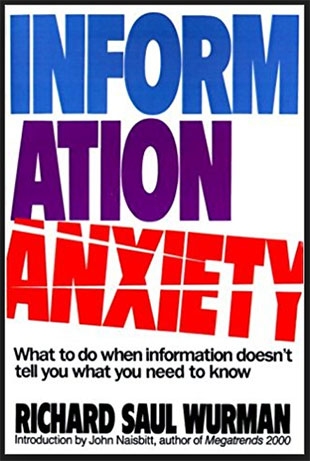"There is only one method for transmitting thought, for communicating information in a manner that somewhat captures the spirit of the mind: the medium of the conversation. Conversation can be a mirror of the mind, a petri dish for ideas. It enables us to communicate our thoughts in a manner that most closely models the way they occur in our minds.
"Unlike writing, conversations are not bound by principles of logic, transition, and clarity. The spontaneity of conversations prevents them from being edited to a sterile purity. The lapses, nonsequiturs, and quirky associations that characterize the best conversations would be unacceptable in written material. Nor are we as likely in conversations to succumb to scholarly posturing, although every once in a while we encounter a stubborn pedant who has managed to accomplish this.
"The implicit and explicit goal of all conversations is understanding. Whether they occur between lovers, friends, relatives, or business associates, conversations have as their express goal to get one's point across, to make a connection between one's thoughts and another person, i.e. the outside world; they are an understanding model, a forum for the exchange of information.
"Within conversations are a myriad of self-adjusting systems. As we speak with another person, we constantly readjust our language based on the cues we get from the listener. Do they look baffled or excited, bored or angry?
"Unlike almost all machinery, conversations can tune themselves. We make adjustments, simplify, repeat, and move between various levels of complexity based on continuous feedback — a quarter-inch nod of a chin, the lowering or raising of eyes, strange guttural noises that say 'uh-huh, uh-huh,' blinks, shrugs, turns of the head, loss of eye contact, the making of eye contact. A symphony of signals occurs during even the briefest of conversations.
"There is nothing we do better than when we do conversation well.
"There is no other communication device that provides such subtle and instantaneous feedback, or permits such a range of evaluation and correctability.
Words are strung together seemingly without hesitation in phenomenally complex sequences and thoughts. Words work with each other to form new meaning. By their existence conversation allows for the development of new ideas. Ideas are created in conversation. E. M. Forster said that 'speak before you think is creation's motto.' Although spoken language is learned, it becomes natural and seemingly becomes instinctive. It is our pipeline to understanding. We have more skills to put thoughts together by language than we do by pictures.
Talk is Deep
"There are so few things we do in our life in which the absolute goal is to make things understandable. We have conversations all around us, yet we neither appreciate them as channels for the transmission of information, nor do we exploit their positive principles in other endeavors. No one seems to trust them. The favorite end to most business conversations is 'Why don't you put that in writing?'
"While the informality and amorphous structure of conversation cannot replace the written word, nor should it, it could be used much more as a model for the exchange of information.
Social exchanges. Conversations play an increasingly insignificant role in our lives, contributing to feelings of alienation and isolation from society. Everyone has the opportunity to use conversation as a model for communication. While this seems absurdly simple, and most people would reply that they do this every day, what we are really doing most of the time is lecturing. Conversation in its purest form means listening, responding to new stimuli, exchanging ideas. It requires thought, attention, and a patience of which few of us have enough."
